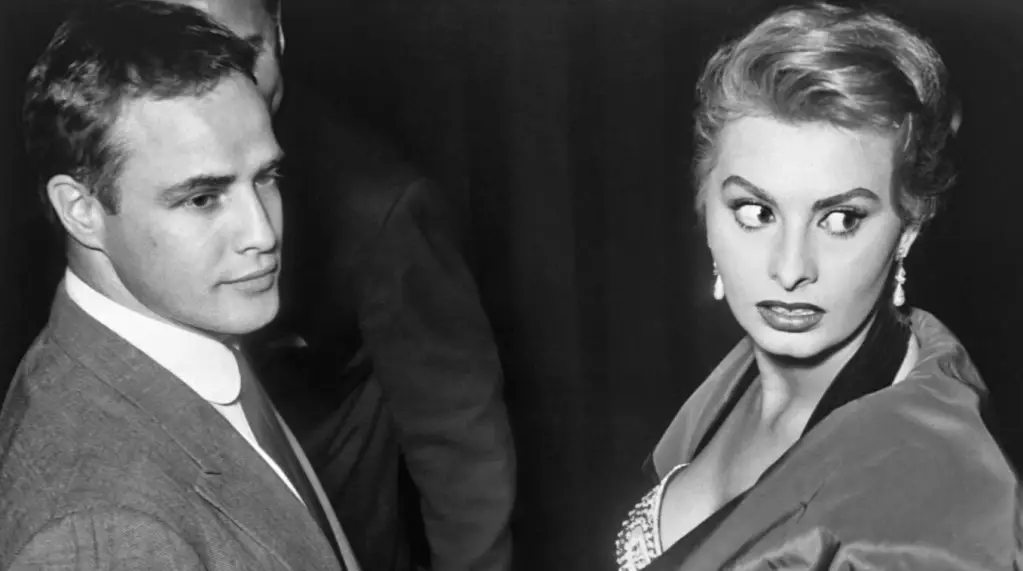Marlon Brando, an emblematic figure of the 1950s cinema era, often found himself embroiled in controversy and drama, both on and off the screen. His polarizing personality is reflected in a recent narrative revealed in Hank Kaufman and Gene Lerner’s memoirs about their experiences in Rome during that vibrant decade. Their reflections provide a keen insight into not only Brando’s character but also the intricate relationship between Hollywood and the Italian film industry during a time of cultural transformation. The luxurious yet tumultuous film scene in Italy during this time set the stage for what would be a seminal moment in Brando’s career.
The Italian premiere of Brando’s film **On The Waterfront** marked a significant event, yet it ended with surprising upheaval. The actor was infuriated to learn that his voice had been replaced by an Italian actor in the dubbed version of the film. Such an alteration struck a deep chord within Brando, leading him to leave the cinema furiously. The incident speaks volumes about the artist’s commitment to authenticity and the emotional investment he placed in his roles. It was not simply about the loss of his voice; it was a personal affront to his identity as an actor. His demand to be recognized as more than “a ventriloquist’s dummy” embodies the anguish of many artists who grapple with the distortions of their creative expressions.
Brando’s initial reaction—staggering up in disbelief—illustrates the considerable pressure that actors often endure. This episode illustrates the potential for miscommunication and misunderstanding within international cinema, particularly for artists like Brando who were used to a certain type of creative control. In a world where films were beginning to gain a global audience, Brando’s experience serves as a warning about the pitfalls of dubbing, which can strip away an actor’s nuances and emotional depth. After composing himself at a nearby bar, he made a graceful return to the cinema, greeted by raucous applause. This counterpoint to his earlier rage offers an intriguing duality, showcasing Brando’s vulnerability alongside his undeniable charisma.
What this incident underscores is not just Brando’s personal struggle but also the broader implications for actors working in a global context. Their identities can easily become muddled, their artistry diluted by the constraints of language and geography. The episode encapsulated Brando’s reputation as an “angry young man,” illustrating how sensitive artistic expression can be compromised. Such moments can define an actor’s legacy, shaping public perception for years to come.
This theatrical disagreement serves as a vivid reminder of the challenges faced by those in creative industries and the complexities that arise when cultures intersect. As public audiences, we must keep in mind that behind the glamour of cinema lies a labyrinth of emotional intricacies and professional challenges that can spark dramatic reactions, such as Brando’s fiery exit from an Italian cinema—a moment that will certainly echo in the annals of film history.

